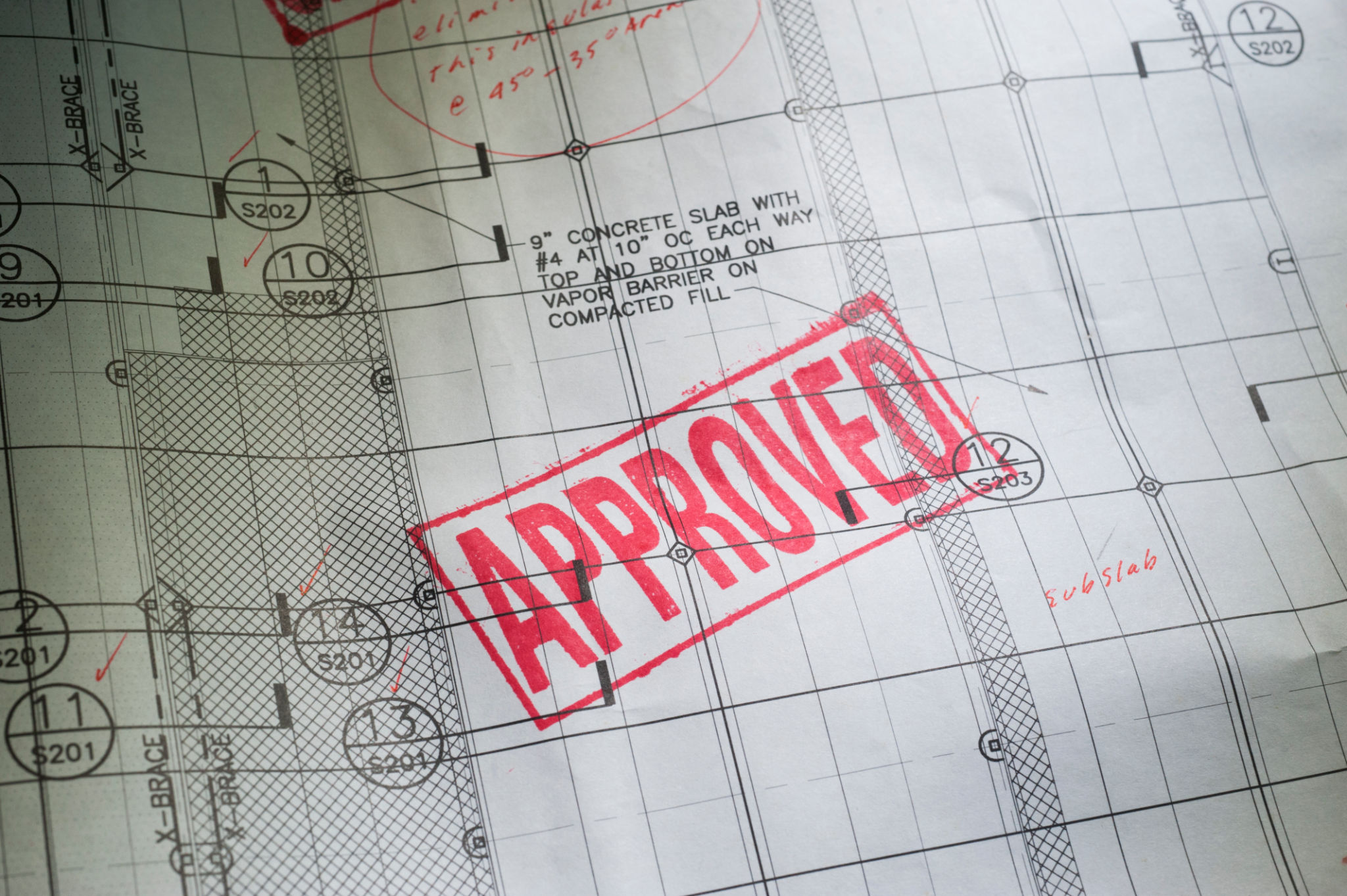Navigating Local Building Regulations for Commercial Projects in Palm Harbor
AG
Understanding the Importance of Local Building Regulations
When embarking on a commercial project in Palm Harbor, understanding local building regulations is crucial. These regulations ensure that new constructions adhere to safety standards, environmental considerations, and community aesthetics. Navigating these rules can be complex, but it's essential for the successful completion of your project.
Local building codes are designed to protect public health and safety. They cover various aspects such as structural integrity, fire safety, and accessibility. Being well-versed in these regulations helps avoid potential legal issues and ensures that your project meets all necessary compliance standards.

Key Regulations to Consider
Zoning Laws
Zoning laws are a primary aspect of local building regulations you must consider. These laws dictate how land can be used in different areas, affecting what types of buildings can be constructed. In Palm Harbor, zoning categories might include residential, commercial, or industrial zones. Understanding these distinctions is vital for aligning your project with local planning requirements.
Permitting Process
The permitting process in Palm Harbor involves multiple steps and can vary depending on the project's scope. You will need to submit detailed plans and specifications to the local building department. This process ensures that your project complies with all applicable codes and standards before construction begins. It's advisable to start this process early to avoid delays.

Environmental and Safety Considerations
Environmental Regulations
Palm Harbor places significant emphasis on environmental preservation. Projects must comply with regulations related to waste management, water use, and energy efficiency. Ensuring your project aligns with these guidelines not only protects the environment but can also enhance your project's sustainability credentials.
Safety Standards
Safety is a paramount concern in commercial building projects. Local regulations require adherence to standards that protect both construction workers and future occupants. This includes structural safety, fire emergency protocols, and accessibility requirements under the Americans with Disabilities Act (ADA).

Working with Local Authorities and Professionals
Engaging with local authorities early in the planning stage can be beneficial. They can provide valuable insights into the regulatory landscape and help streamline the approval process. Additionally, hiring local professionals such as architects and contractors who are familiar with Palm Harbor's building codes can be advantageous.
These professionals can guide you through the intricacies of compliance and ensure that your project meets all local standards. Their expertise can save time and resources by avoiding common pitfalls associated with building regulations.
Conclusion
Navigating local building regulations for commercial projects in Palm Harbor requires careful planning and due diligence. By understanding zoning laws, the permitting process, environmental considerations, and safety standards, project developers can foster smoother execution and compliance.
Ultimately, working collaboratively with local authorities and experienced professionals is key to achieving a successful commercial build that meets all regulatory requirements while contributing positively to the Palm Harbor community.
